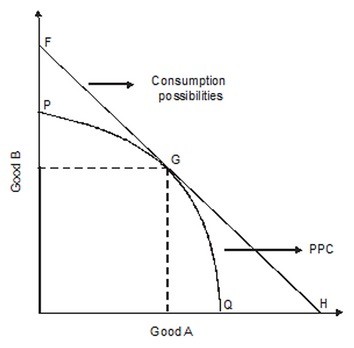Explain how low-skilled workers might actually be made worse off from a minimum wage law in terms of working conditions and job training. In addition, what might be the long-run impact on wages and earnings?
What will be an ideal response?
Essentially employers are not being allowed to offer lower wages to workers in exchange for more on-the-job training. Therefore, it is at least reasonable to assume that in the face of having to pay higher wages per hour that firms may simply react by providing less training. In the end this may actually have the effect of making workers less productive than they might otherwise be and lead to a reduction in life-time wages and earnings.
You might also like to view...
Vertical relationships can increase profits through
a. preventing firms from evading regulation b. creating a double-markup problem c. better aligning the incentives of manufacturers and retailers d. preventing price discrimination
If the price of a product falls below average total cost in the short run, the firm
a. has an economic profit b. cannot cover total fixed costs c. experiences a loss d. must always shut down e. should expand output until MC = MR
In the long run, a tax placed on a perfectly competitive industry should have what effect on the entire market?
A. Not affect the total amount of the good sold. B. Increase the total amount of the good sold. C. Decrease the total amount of the good sold. D. One cannot tell.
Refer to the following graph. The maximum amount of good B can be consumed in this economy with international trade is
The maximum amount of good B can be consumed in this economy with international trade is
A. Q units. B. F units. C. P units. D. G units.